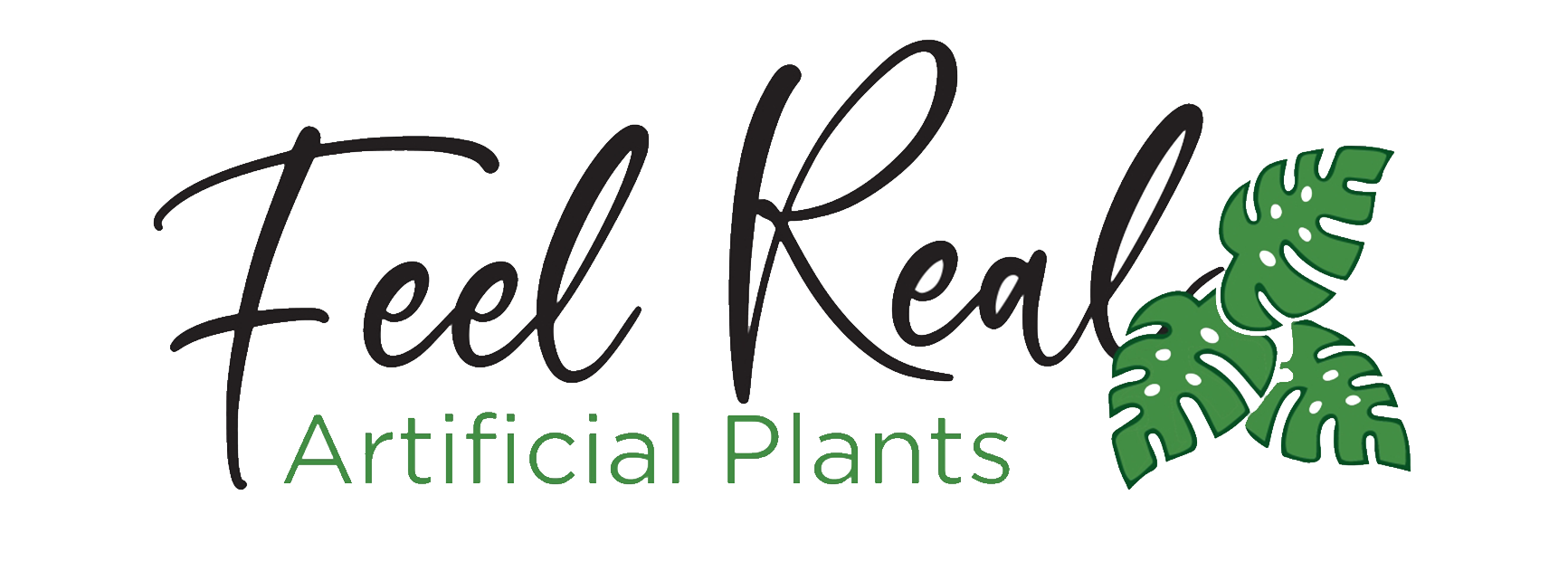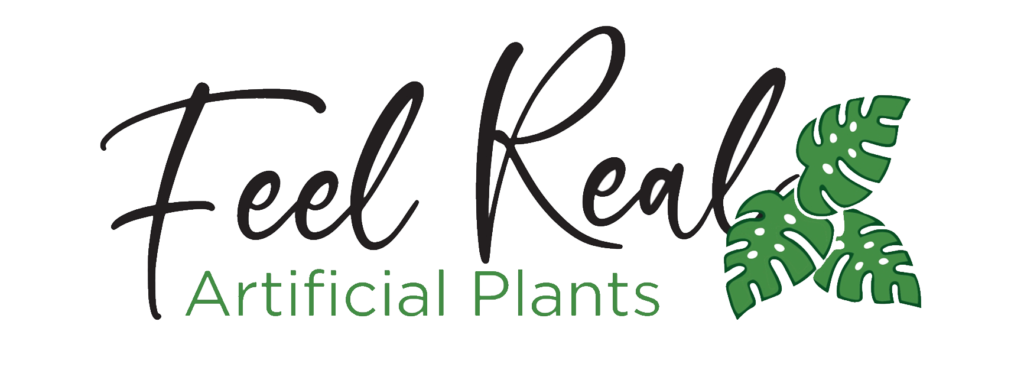Artificial plants in pots have become a staple in both home and office decor. Not only do they bring a touch of greenery and life to any room, but they also offer the beauty of plants without the maintenance. This article dives into the world of wholesale artificial plants, providing a comprehensive guide for those looking to buy in bulk, whether for retail, decoration, or any other purpose.

1. Why choose artificial plants in pots over real ones for wholesale?
Choosing artificial plants in pots over real ones for wholesale can be advantageous for several reasons:
Low Maintenance: Artificial plants require no watering, pruning, or fertilization, which is ideal for buyers who may not have the time or resources for plant care.
Longevity: They remain visually appealing without wilting or dying, ensuring that the aesthetic value is maintained over time.
Consistent Appearance: Artificial plants ensure a consistent look, without the natural variations that real plants have, which can be particularly important in professional or formal settings where uniformity is desired.
No Seasonal Changes: They stay the same year-round, avoiding the issue of plants going out of season or dormant.
No Sunlight or Soil Requirements: They can be placed in any environment regardless of light conditions, which is beneficial for spaces without natural light.
Cost-Effective: While the initial investment might be higher, artificial plants can be more cost-effective in the long run since they don’t require the ongoing costs associated with real plant care.
Allergy-Free: They pose no problems for people with plant-related allergies.
Versatility: They can be easily moved and rearranged without the risk of shock or damage that real plants might suffer.

For wholesalers, these benefits mean that artificial plants are often more practical to stock and sell because they are easier to transport, store, and maintain, resulting in higher customer satisfaction and fewer complaints or returns.
2. What types of artificial plants in pots are available for wholesale?
Wholesalers typically offer a wide range of artificial plants, including but not limited to, succulents, ferns, flowers, and trees. These can come in various pot styles, from basic plastic containers to decorative ceramic or metal pots that complement different decor styles.
The types of artificial plants in pots available for wholesale encompass a diverse selection to cater to various tastes and decors:
Succulents: These are popular for their modern look and minimalistic appeal. They often come in small pots that are easy to place around any space.
Ferns: Artificial ferns provide a lush, green aesthetic without the need for the humidity and consistent watering that real ferns require.
Flowers: From roses to orchids, artificial flowers offer the beauty of blooming plants year-round, and they don’t trigger allergies.
Trees: Larger artificial plants like palm trees or ficus can make a bold statement and are often used to create a natural ambiance in corporate or retail spaces.

Hanging Plants: These can add a vertical element to decor and are especially useful in places where floor space is limited.
Grasses: Artificial grasses can bring a touch of the outdoors inside and are often used in modern and minimalist designs.
Topiaries: Shaped into geometric forms or animals, topiaries can serve as eye-catching focal points.
The pots themselves also vary widely:
Plastic Pots: Lightweight and cost-effective, these are practical for bulk purchases and can be easily customized.
Ceramic Pots: Offer a more refined look, suitable for elegant spaces or formal decor.

Metal Pots: These can provide a sleek, industrial feel or a polished decorative accent depending on their finish.
Wooden Pots: For a rustic or natural aesthetic, wooden pots are a great choice and pair well with a variety of artificial plants.
Hanging Pots: Ideal for artificial hanging plants, these can be made from various materials including macramé, plastic, or metal.
Themed Pots: For specialty retailers, pots with specific themes or designs (like holiday-themed pots) may be available.
These options allow for a broad range of uses, from home decor to office settings, and can be mixed and matched to create custom assortments for you.
3. How do I choose the right supplier for artificial plants in pots?
Selecting the right supplier for artificial plants in pots involves a multi-step process that ensures the supplier meets your specific needs:
Reputation: Research the supplier’s track record. Look for customer testimonials, reviews, and case studies. A reputable supplier should have a history of satisfied customers and be known for their reliability.
Product Quality and Realism: The artificial plants should look lifelike and be made of high-quality materials that are durable. The best way to judge this is by examining samples in person.
Pricing: Compare the cost of the products from different suppliers to ensure you are getting competitive pricing. However, the cheapest option is not always the best in terms of quality.
Variety: A good supplier should have a wide range of products. This variety allows you to cater to different tastes and to find all the products you need from one source.

Customer Service: Evaluate their customer service by how quickly they respond to inquiries, their willingness to provide samples, and their support for any issues that may arise.
Order and Delivery Terms: Understand their order minimums, delivery schedules, and return policies. These terms should be favorable and align with your business needs.
Ethical and Environmental Considerations: If sustainability and ethics are important to your business, consider the supplier’s practices in these areas.
Samples: Always request samples before committing to a large order to ensure the product meets your expectations in terms of quality and appearance.
Customization Options: If you need customized products, check whether the supplier offers this service and at what cost.
Financial Stability: A supplier with strong financial health is more likely to be reliable and sustain a long-term business relationship.
Taking these factors into consideration will help you to choose a supplier that not only provides the product you’re looking for but also matches your business values and can maintain a beneficial partnership over time.
4. Can I customize my wholesale order of artificial plants in pots?
Many suppliers provide customization options, such as selecting different plant and pot combinations, custom labeling, and sometimes even designing new artificial plants according to customer specifications.
Here’s what you might be able to customize:
Plant and Pot Combinations: You can often choose which plants are paired with which pots to suit your or your customers’ preferences.
Custom Labeling: Suppliers may offer to brand the pots with your company’s logo or design, which is great for marketing purposes.
Designs: Some suppliers might allow you to request specific designs or plants that are not currently in their catalog.

Sizes and Shapes: You might be able to specify the size and shape of the plants and pots, which can be important for fitting specific spaces or decor schemes.
Packaging: Custom packaging can also be requested to reflect your branding or to meet certain sustainability standards.
When discussing customization with a supplier, be sure to ask about any additional costs or minimum order quantities that apply, as these can vary depending on the extent of the customization.
5. How are wholesale artificial plants in pots priced?
Wholesale pricing of artificial plants in pots is influenced by several factors:
Type of Plant: Exotic or intricate artificial plants typically cost more than simple or common ones due to the greater detail and materials required.
Design Complexity: The more complex the design of the plant and pot, the higher the price, as these require more labor and better materials to manufacture.
Materials Used: High-quality materials that mimic the look and feel of real plants more closely will generally be more expensive.

Quantity Ordered: Buying in larger quantities usually reduces the cost per item due to economies of scale, as suppliers may offer discounts for bulk purchases.
Customization: Any customization involving specific designs, shapes, sizes, or branding can increase the price.
Brand: The supplier’s brand reputation and positioning in the market can also affect pricing; premium brands tend to charge more.
Market Demand: Seasonal trends and current market demand can influence the cost, with high-demand items being priced higher.
Shipping and Handling: The cost for shipping and handling may be included in the price or charged separately, especially for international orders.
It’s important to negotiate with the supplier to get the best possible pricing, particularly if placing a large or repeat order, and to understand all the components of pricing to make an informed decision.
6. What is the minimum order quantity for wholesale artificial plants?
The minimum order quantity (MOQ) for wholesale artificial plants varies from supplier to supplier and can also depend on the specific type of plant or customization requirements. For standard ranges, suppliers may set MOQs to ensure cost-effectiveness for bulk manufacturing and shipping.
Custom orders often have higher MOQs because of the unique production setup required. It’s essential to discuss MOQs with your potential suppliers to find a balance between what you need and what is economically feasible. Always confirm the MOQ for each item of interest, as it can differ within the same supplier’s catalog depending on the complexity and cost of the products.
7. What should I consider regarding shipping and delivery?
When considering shipping and delivery for wholesale artificial plants in pots, you should take into account the following aspects:
Shipping Cost: Determine if the cost is included in the price of the items or if it’s additional. This can significantly affect your total expenditure.
Transit Time: Understand how long it will take for the items to be delivered to ensure they align with your schedule or business needs.
Packaging: The items should be packaged securely to prevent damage. Inquire about the supplier’s packaging methods and materials.

Shipping Damage Policies: Ask about the supplier’s policies regarding damages incurred during shipping. This includes how they handle returns, replacements, and refunds.
Carrier Reliability: Research the reliability of the shipping carriers used by the supplier. Established carriers with good track records can decrease the likelihood of delays and issues.
Tracking and Updates: Ensure that the supplier provides tracking information for your shipment so you can monitor its progress and plan accordingly.
Insurance: Find out if the shipment is insured by the supplier or if you need to arrange this separately to mitigate the risk of financial loss due to damage.
Customs and Import Taxes: If you’re importing, account for customs duties and taxes, and any potential clearance delays.
Delivery Restrictions: Be aware of any delivery restrictions that might apply to your area and ensure the delivery location is accessible.
8. Are there any care instructions for artificial plants in pots?
Artificial plants in pots are very low maintenance, but here are a few care instructions to keep them looking their best:
Dusting: Regular dusting helps maintain a fresh appearance. Use a feather duster, microfiber cloth, or canned air for delicate parts.

Gentle Cleaning: For a deeper clean, a damp cloth can be used to wipe down leaves. Avoid harsh chemicals or abrasive materials.
Storage: If storing them, keep them in a cool, dry place and ensure they’re covered to prevent dust accumulation.
Following these simple care instructions will ensure that your artificial plants continue to look attractive for years to come.
9. What Are the Payment Terms for Wholesale Orders?
Payment terms for wholesale orders can vary widely depending on the supplier and the size of the order. Here are some of the common payment terms you might encounter:
Deposit with Order: A percentage of the total cost is often required upfront when the order is placed, with the remainder due upon shipment or delivery.
Balance Upon Shipment/Delivery: The balance of the payment is typically expected when the order is shipped from the supplier or delivered to you.
Net Terms: Net 30 is a common term, which means the full payment is due 30 days after the invoice date. Some suppliers may offer Net 60 or Net 90 terms, depending on their policies and your creditworthiness.
Cash on Delivery (COD): Payment is made when the goods are delivered. This is less common for large wholesale orders due to the risk it imposes on the seller.
Letter of Credit: For international transactions, a letter of credit can be used to guarantee payment upon fulfillment of certain conditions.
Early Payment Discounts: Some suppliers may offer a discount if payment is made before the due date.

It’s important to fully understand and negotiate payment terms before agreeing to a wholesale purchase to ensure they align with your cash flow and budgeting. Always ask for and read through the supplier’s terms and conditions to avoid any misunderstandings.
Remember, when ordering wholesale artificial plants in pots, it’s important to partner with a reputable supplier who offers quality products that meet your and your customers’ expectations.



